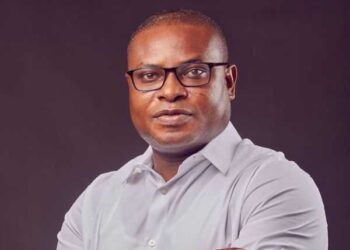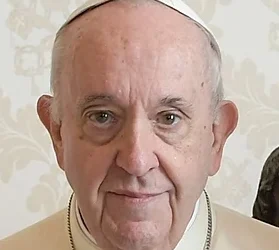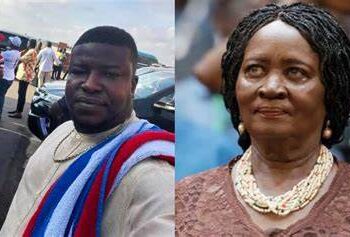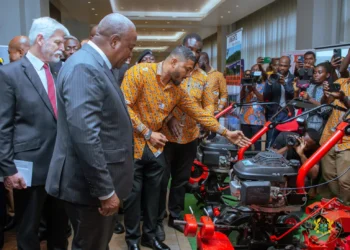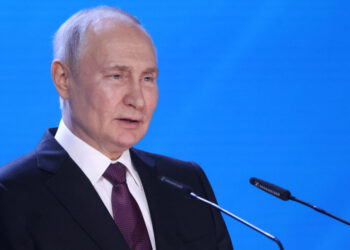At the recent Graphic National Development Series in Accra, renowned businessman and Chancellor of the University of Cape Coast Sir Sam Jonah shared his insights on reforming Ghana’s educational approach to cultivate values of patriotism, peace, and collective prosperity. Addressing the theme, “How Ghana can successfully educate our population for the attainment of desired cultural values, peace, and collective prosperity,” Sir Jonah underscored the need for a paradigm shift to address persistent national issues.
In a candid analysis, he highlighted how Ghana’s aspirations have stagnated due to economic decline, corruption, and a dependency mindset. He drew attention to a recent Afrobarometer report by the Center for Democratic Development (CDD), which revealed a significant erosion of public trust in state institutions, including skepticism toward the Electoral Commission, judiciary, and Parliament.
Sir Jonah noted that this decline in trust, fueled by perceptions of widespread corruption, undermines the very fabric of democracy and governance.
One of the key points of his address centered on the pervasive “dependency mindset,” where many citizens rely heavily on prayer and faith to solve economic and social problems, often at the expense of practical solutions and critical thinking. Sir Jonah cautioned that this approach, often perpetuated from the pulpit, risks entrenching poverty and stifling personal responsibility.
He also addressed the impact of rote learning in Ghana’s education system, critiquing recent government moves to institutionalize the distribution of past examination papers. Sir Jonah argued that such practices reinforce memorization over comprehension, preventing students from becoming innovative thinkers who can address real-world challenges. Drawing on a South African university’s motto, he warned, “The collapse of education is the collapse of the nation.”
Concluding his remarks, Sir Jonah emphasized that true progress requires a commitment to a mindset of innovation, problem-solving, and community-focused development. He called for a reawakening of values that prioritize national service over personal gain, appealing to Ghana’s leaders to reinstate the spirit of selflessness once championed by historical figures like Dr. Kwame Nkrumah.


